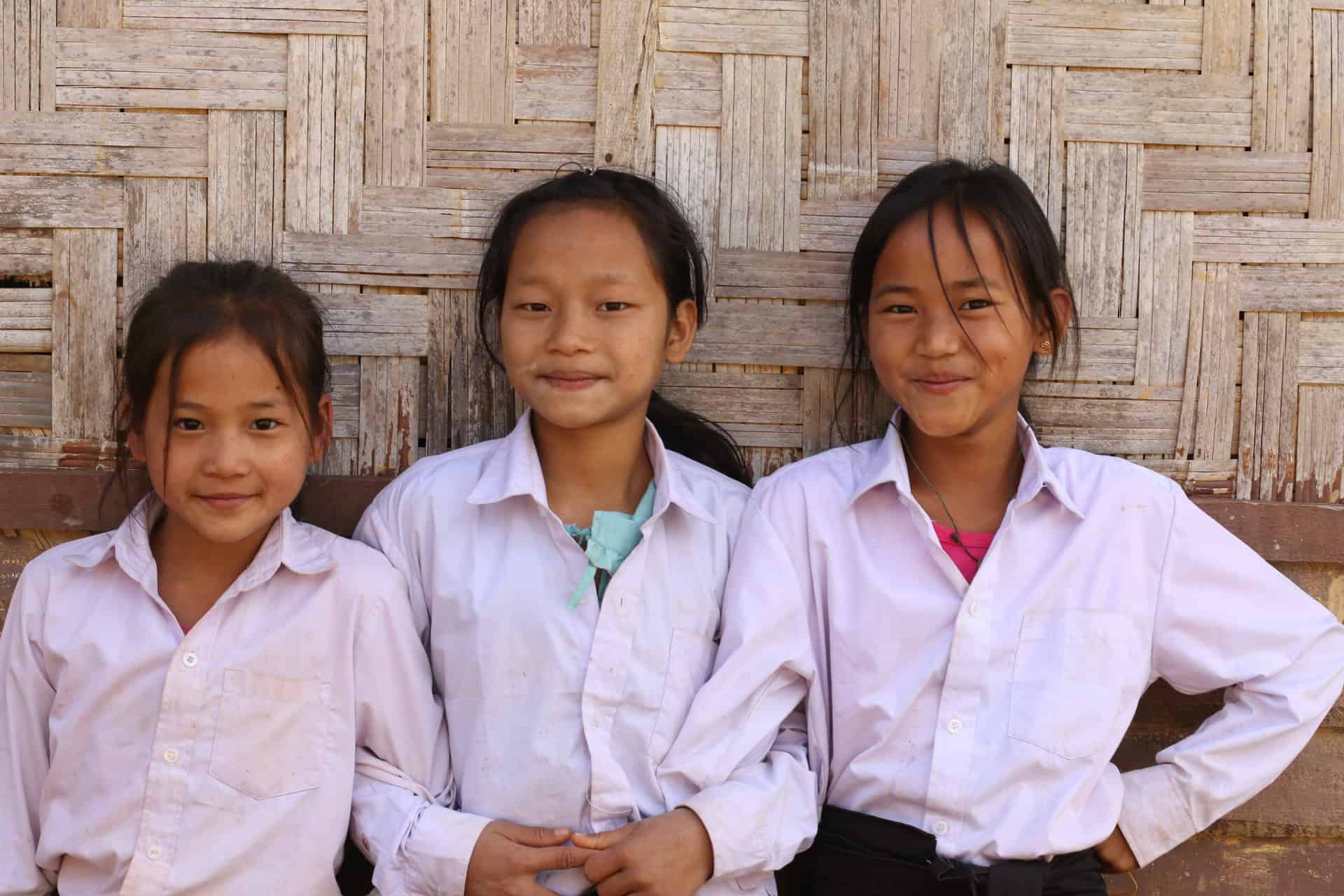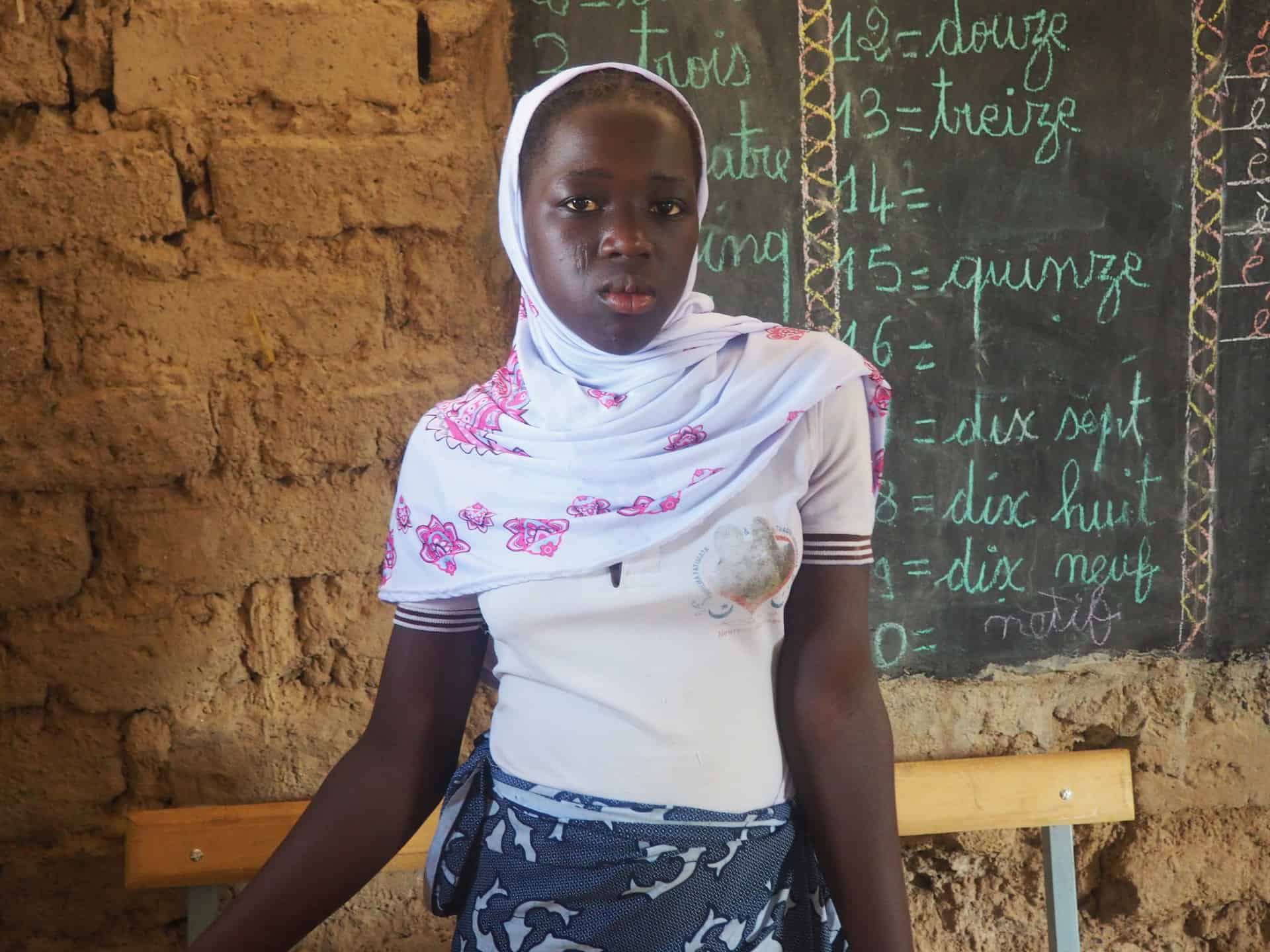photo credit: Matthew Dakin
Climate change is likely to increase the risk of malnutrition, especially for the most vulnerable children. Quality education, accessible to all, young and old, is today the most appropriate tool to remedy this.
By causing a decline in fish stocks and agricultural yields, the climate change also increases the risk of malnutrition. Studies show that it may increase child stunting of 62% in 2050 and the number of undernourished children at 25.2 million (For a climate against hungerAction contre la Faim, 2018). In Laos, where nearly a third of children are stunted and nearly a tenth are emaciated due to poor nutrition, we are building kitchens and providing meals in 18 rural schools in Vientiane province.
An expected increase in malnutrition
We form parents and community members in nutrition, vegetable gardening, cultivation and sowing, and cooking, and then offer them jobs as cooks in the schools, so that they play a key role in the promotion of children's health and well-being. "I learned how to plan the menu, what ingredients to buy, how to cook them and how to manage our resources and time"We have to make sure that the people who are going to the school are able to get the food they need," says Sommathid Sisompheang, a teacher at Pakchan Primary School who is responsible for the school's catering activities. "Since we started the school meals, teachers and community members in the village have learned a lot, especially about ingredients and the possibility of having more variety in the menus we cook."she adds.
Developing school gardens
The participants in our training courses also have the opportunity to visit an organic market gardening centre in a neighbouring village and reinforce their knowledge. These exchanges have enabled four of the schools we work with to develop gardensThe development of school gardens is indeed one of the most effective tools today to improve the quality of school gardens. The development of school gardens is indeed one of the most effective tools today for diversify meals and bring students closer to nature. Research has shown that students who participate in classroom gardening programmes develop a greater concern and awareness for conservation and resource allocation than children who do not, and express more positive perspectives on nature, gardening and environmental issues. In particular, this experience helps students understand and appreciate how their food is grown, and teaches them life skills such as cooperation, motivation, problem solving, teamwork, planning and critical thinking.






